Death of Noah Webster
On May 28, 1843, author and lexicographer Noah Webster died in New Haven, Connecticut. Webster developed several important textbooks as well as the dictionary that standardized the American spelling of many words.
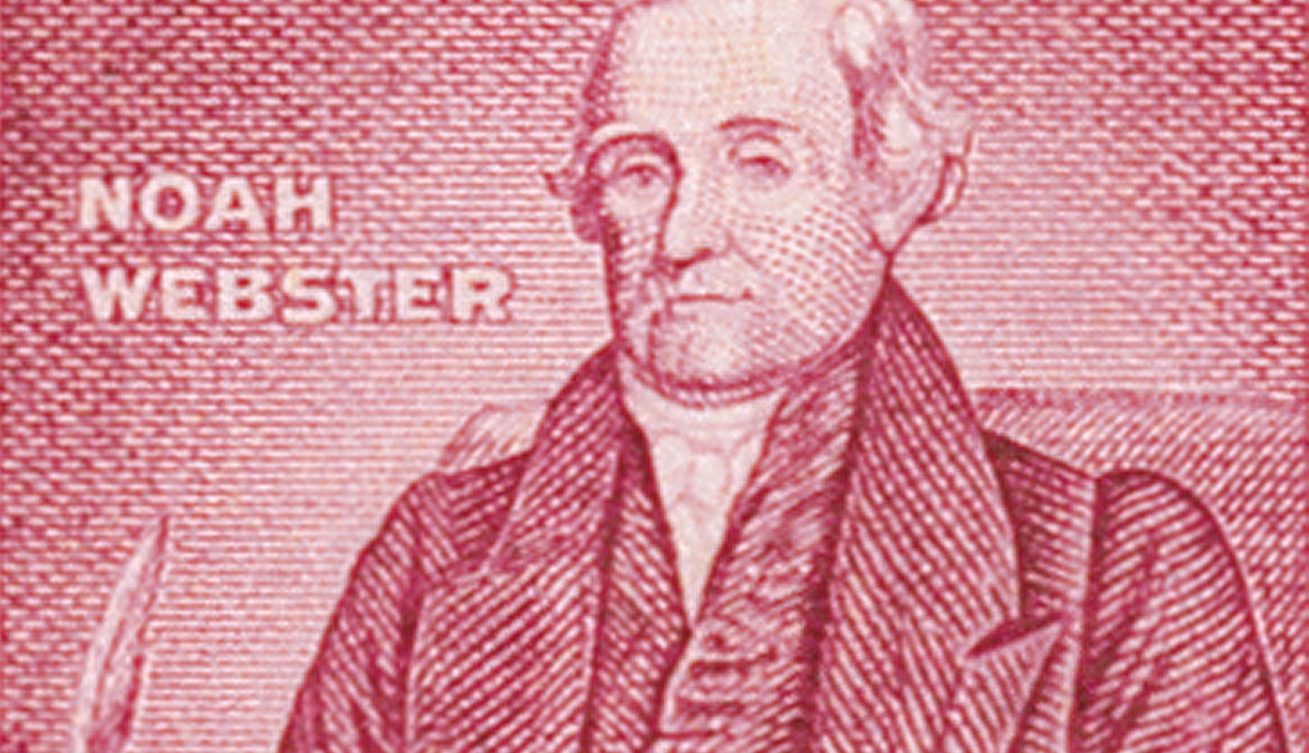
On May 28, 1843, author and lexicographer Noah Webster died in New Haven, Connecticut. Webster developed several important textbooks as well as the dictionary that standardized the American spelling of many words.
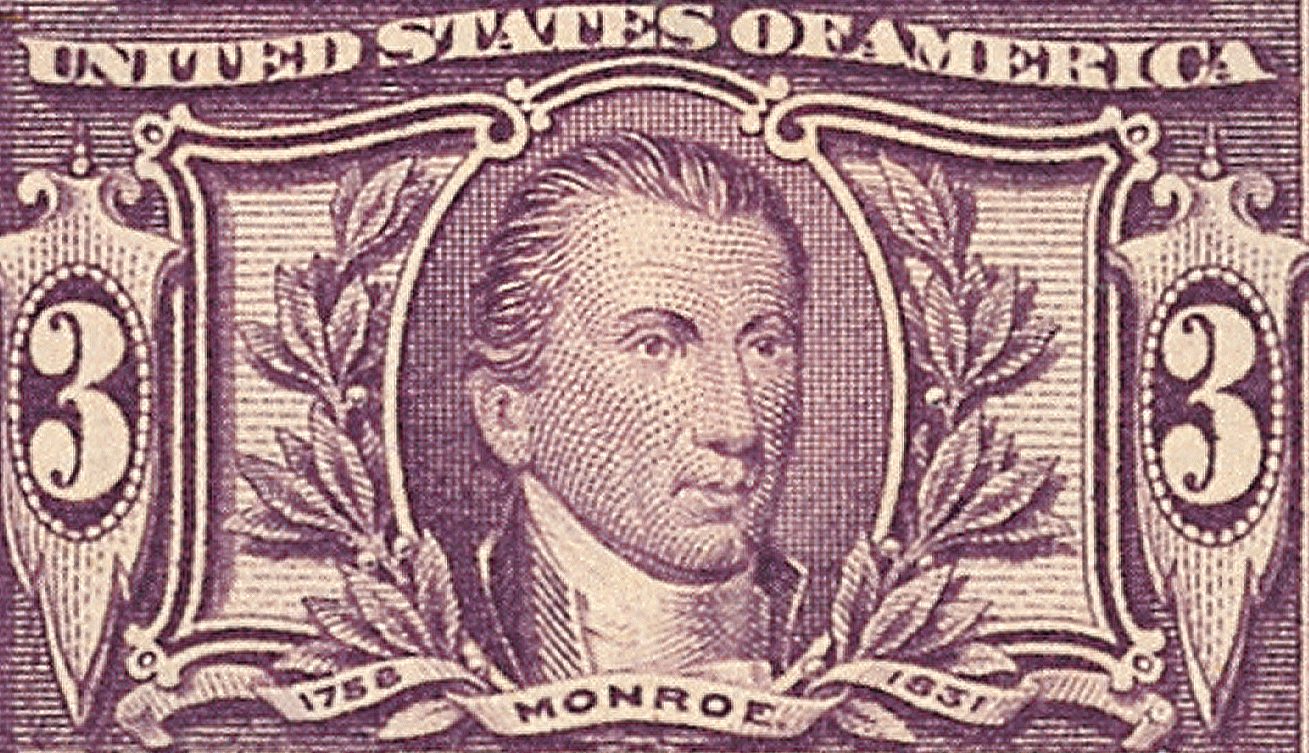
James Monroe was born in Westmoreland County, Virginia, on April 28, 1758, to successful plantation owners. America’s fifth president, Monroe presided over the “Era of Good Feelings” and issued the Monroe Doctrine, a policy that was invoked by presidents well into the 20th century.
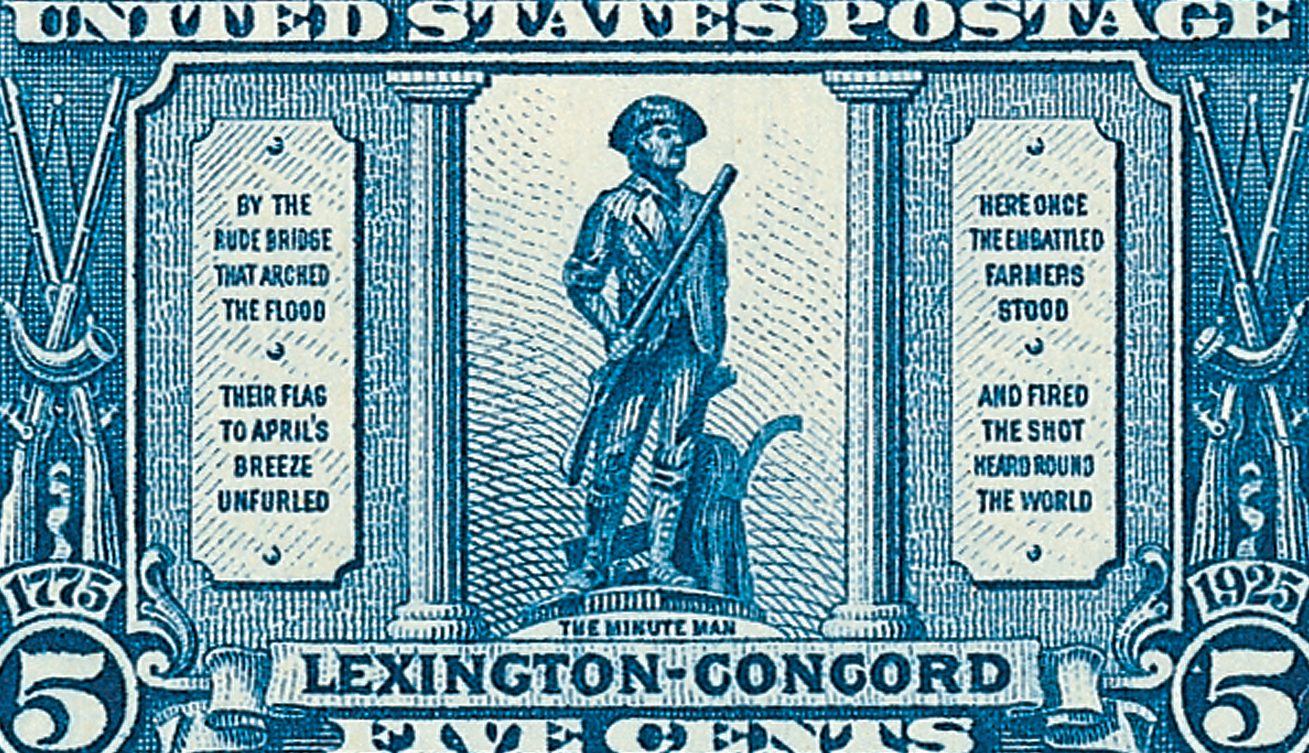
The first battles of the American Revolutionary War were fought on April 19, 1775 at Lexington and Concord. The American colonists’s brave stand showed the British, and the world, how dedicated they were to the cause of independence.
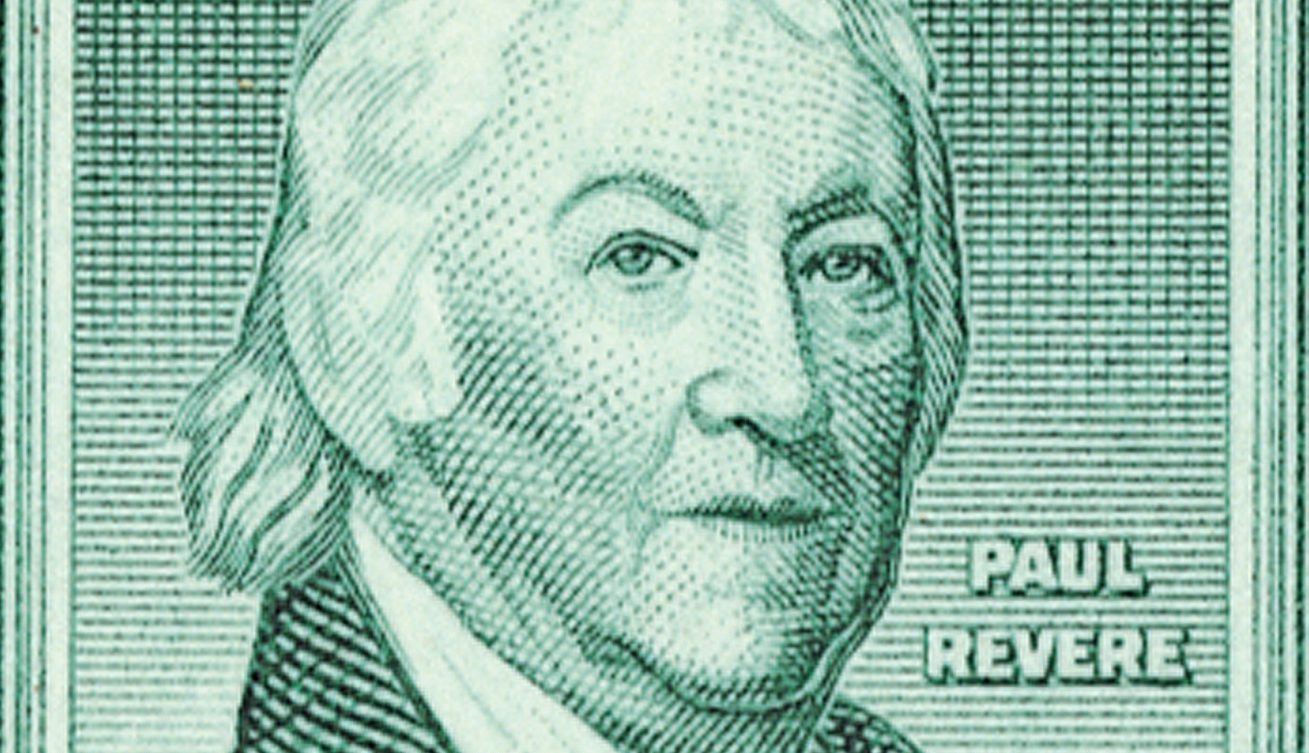
On April 18, 1775, Paul Revere took his historic ride to warn the people of Lexington and Concord that the British were coming. It’s one of the most famous tales from the Revolutionary War, popularized and romanticized in a poem by Henry Wadsworth Longfellow.
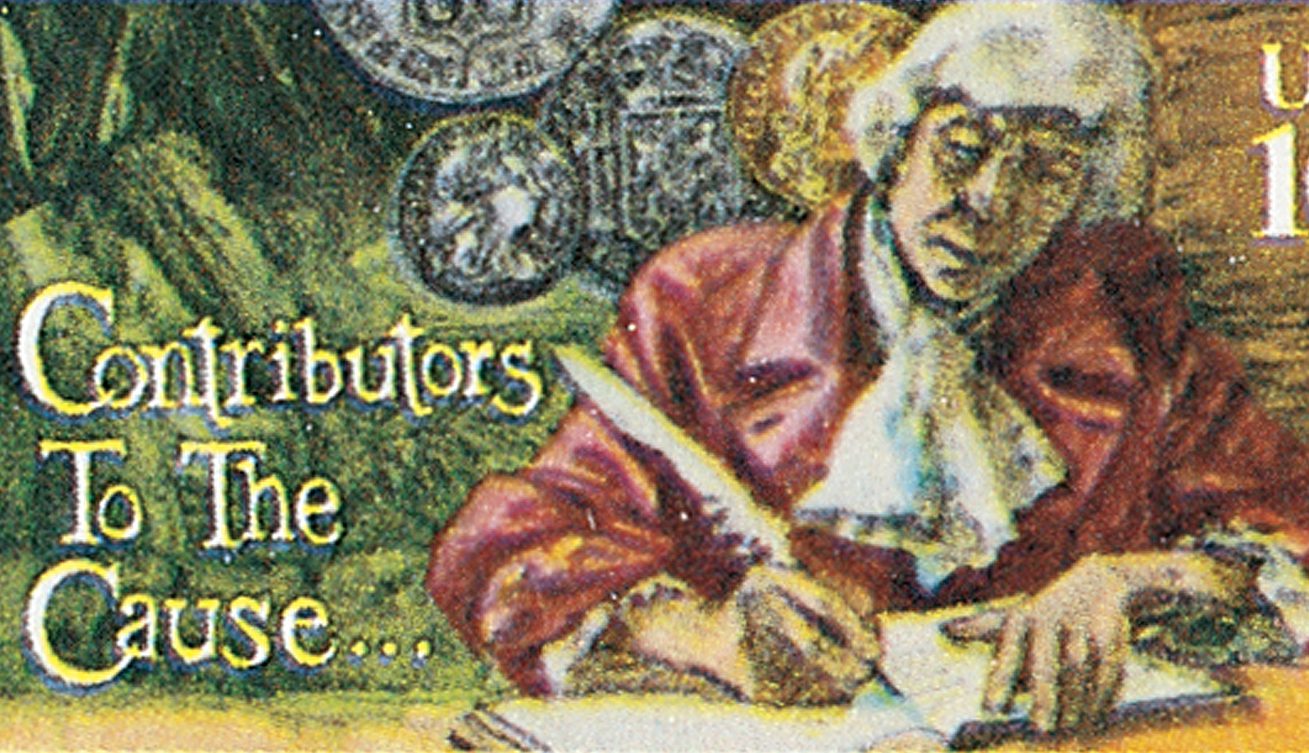
Haym Salomon was born on April 7, 1740, in Leszno, Poland. Salomon raised funds and gave his own money to help the American war effort during the Revolutionary War.
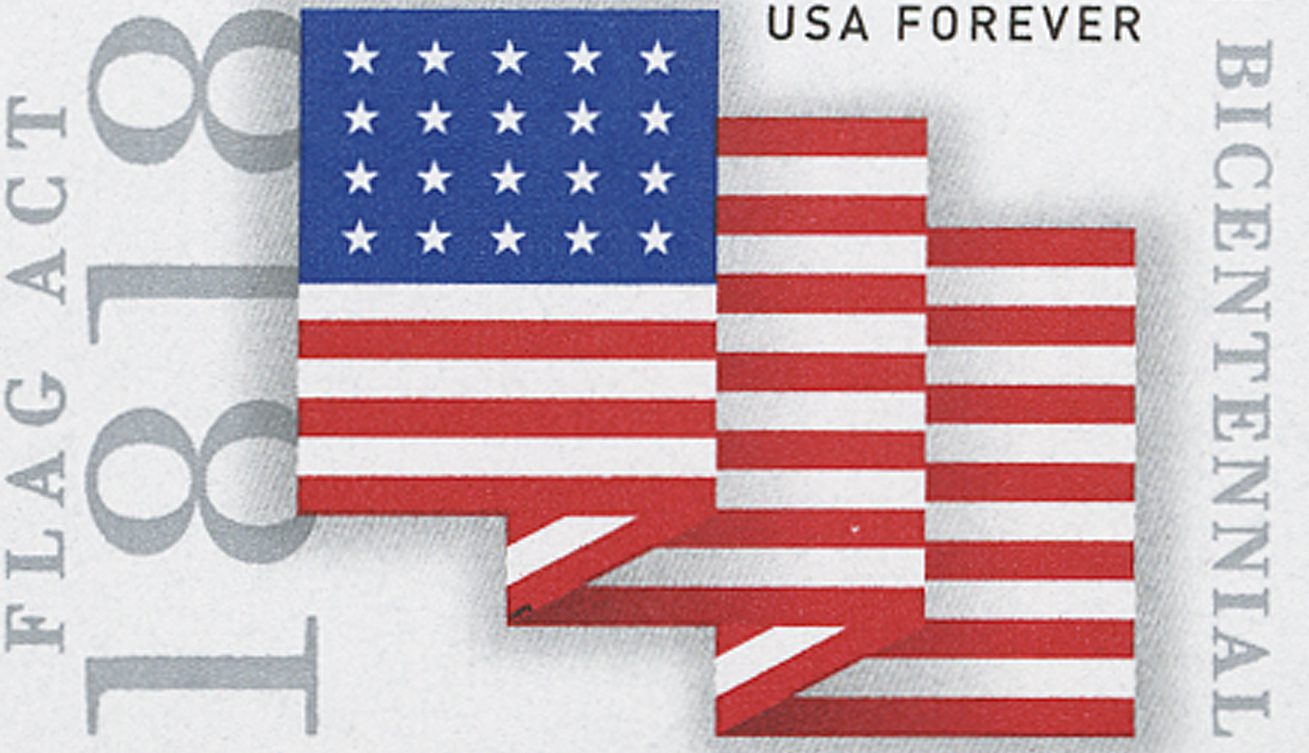
On April 4, 1818, President James Monroe signed a flag act that changed the way the US flag was updated when new states joined the Union. This act has affected every US flag issued since…
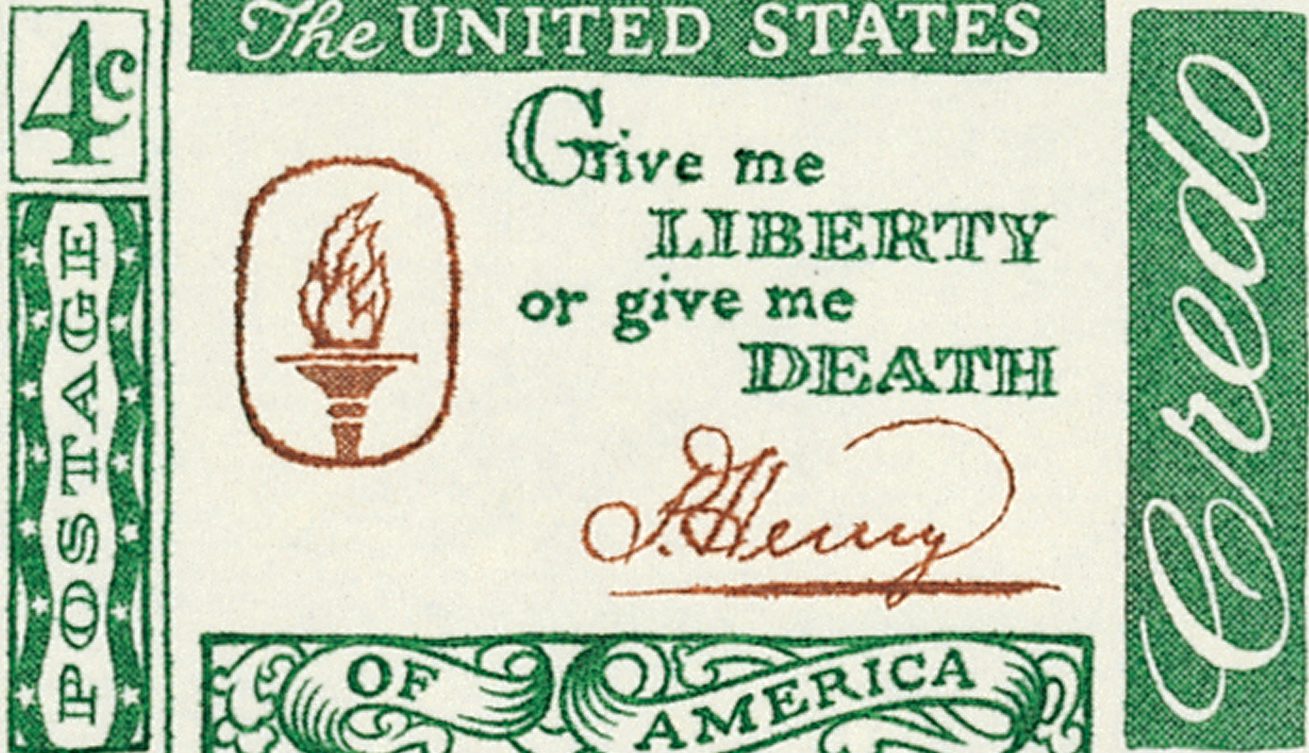
On March 23, 1775, Patrick Henry addressed the Second Virginia Convention to convince them to raise a militia. During his rousing speech, he delivered one of his most famous statements…
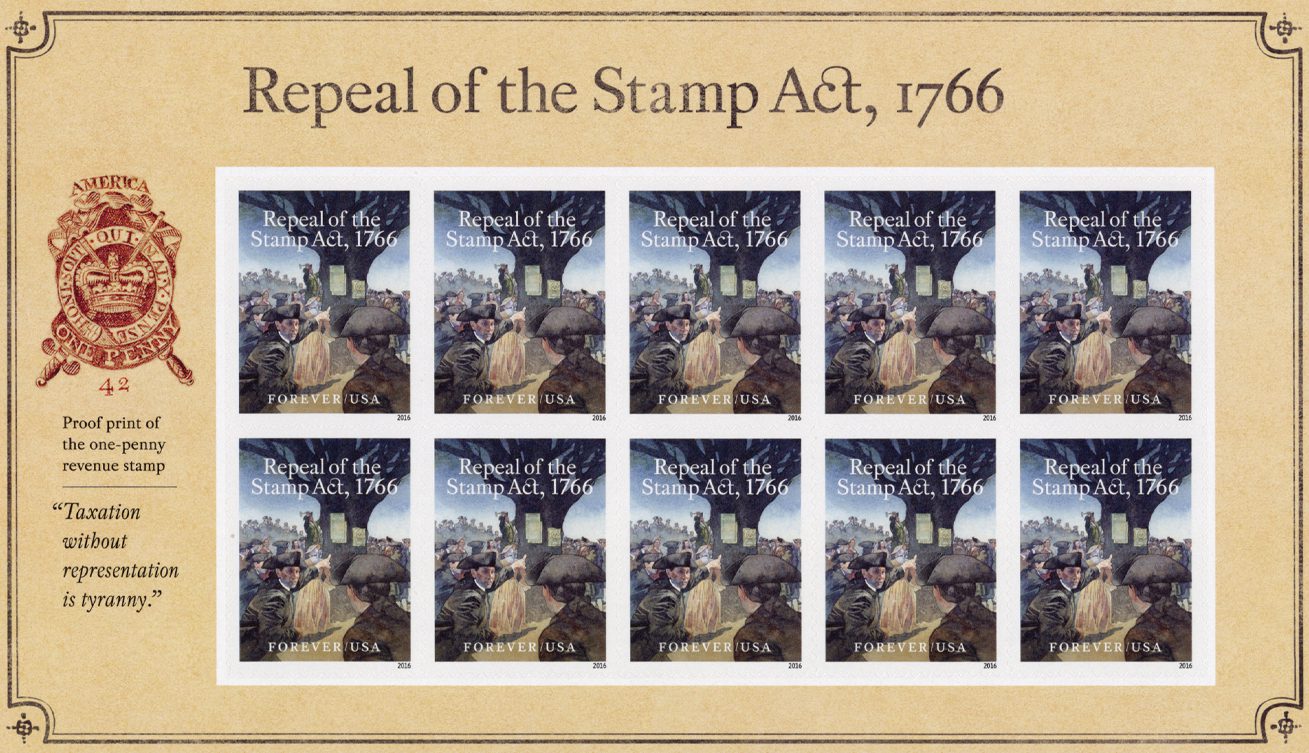
On March 18, 1766, British Parliament repealed the Stamp Act. Passed a year earlier, the act had placed a direct tax on the colonies for the first time, leading to widespread boycotts.
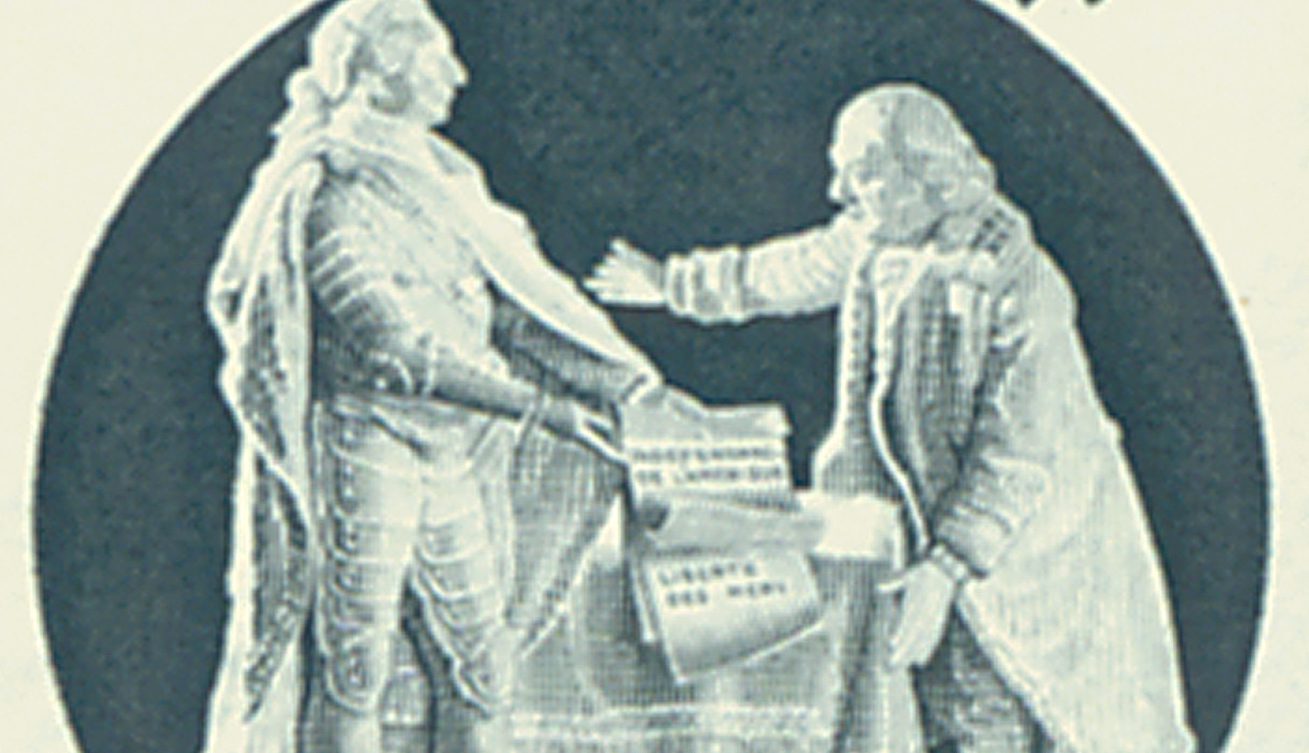
On February 6, 1778, Delegates of King Louis XVI of France and the Second Continental Congress signed a Treaty of Alliance, promising military support to each other. French aid and manpower contributed to America’s ultimate victory in the Revolution.